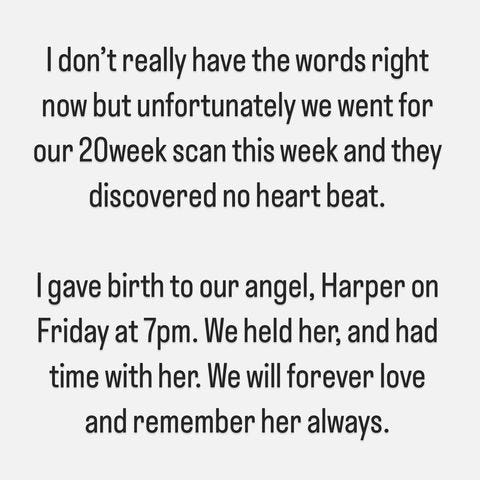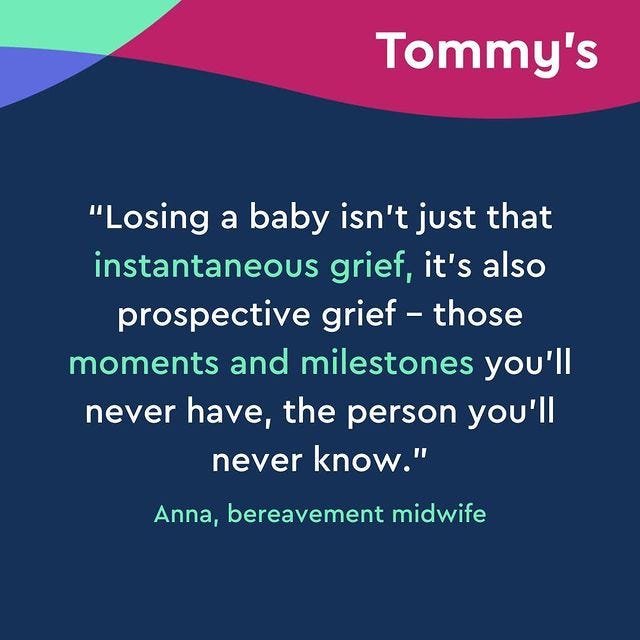As Rebecca Adlington shares heart-breaking miscarriage news: How to support others experiencing baby loss
Lisa Salmon speaks to a midwife from baby loss charity, Tommy’s.
Adlington shared the devastating news on Instagram (David Davies/PA)
Rebecca Adlington said she is “truly heartbroken” after suffering a late-stage miscarriage.
The double Olympic gold medal swimmer found out about the devastating loss at a routine 20-week scan, sharing the news in a post on Instagram yesterday evening.
“I don’t really have the words right now but unfortunately we went for our 20 week scan this week and they found no heartbeat. I gave birth to our angel, Harper on Friday at 7pm. We held her, and had time with her. We will forever love her and remember her always,” Adlington, 34, said.
After thanking staff at Wythenshawe Hospital for their “kindness and care”, she added: “I don’t have the strength or words right now and don’t feel ready to share this news. However, I can’t pretend to be ok or fake a smile. I can’t have people ask me how pregnancy is or when I am due as I still look pregnant. I don’t have the strength to tell this news individually.
“We are so truly heartbroken. Our beautiful girl. Rest in peace.”
Adlington – who shares son Albie, two, with her husband Andy Parsons and has an eight-year-old daughter, Summer, from her previous marriage with Harry Needs – previously revealed she’d had a miscarriage 12 weeks into her pregnancy last August, resulting in emergency surgery. And as her Instagram post this week highlights, one of the many difficult things about losing a baby is telling other people.
So, how can people respond supportively when a friend, relative or colleague shares news of a baby loss?
Showing empathy
“It’s about showing empathy as much as you possibly can, showing some form of understanding, and really just being there to listen to them,” Rochelle Love, a midwife working with baby loss charity Tommy’s, told us.
A late miscarriage is one which happens between 14-24 weeks of pregnancy, and is less common than early-stage miscarriage, occurring in an estimated 1-2% of pregnancies, Love explained. “We don’t always know why these miscarriages happen. They can be for a multitude of reasons, and the sad thing for expectant parents is that we may not always find a definite cause,” she added. “It may not necessarily be related to previous miscarriage.”
Take care with ‘helpful’ comments
Friends and family may try to comfort someone who’s lost a baby with well-meaning but sometimes way off-the-mark ‘helpful’ comments. Love said it’s crucial to be very careful about what you say.
“I don’t think it’s ever up to us to make assumptions, and especially do not make comments like: ‘Don’t worry, you can have another baby’, ‘Don’t worry, you can try again’, or, ‘You were only 20 weeks pregnant’,” Love advised.
“I think sometimes people just don’t know what else to say, so they make these throwaway comments, which are not necessarily the best things to say when someone’s grieving. It’s not up to us to say [these things] – how do you know, for example, that they can have another baby? Think about what you’re going to say before you speak to someone who’s had a loss.”
Be mindful of terminology
Remember this isn’t just a foetus to the grieving parents – it’s their child, and it can be very important to talk about it as such. Love said: “Address the baby as their baby, and if the baby has a name, then use it. Be very careful of the words you use.”
Be there for them
Instead of offering up platitudes, Love said it’s often better to just let people know you’re there if they need you. “Just let them know you’re there for them – you’re there if they want to speak, or if they just want to sit in silence – you’re available to be their support if and when they should need it,” she explained.
Don’t forget their partner
Love stresses that any kind of support needs to be extended to the partner as well. “Sometimes the partner is ignored and we just focus on the pregnant person, but the partner is the pregnant person’s closest support and they’ve also lost their baby and are also grieving,” she said. “I always advise anyone who’s had an unfortunate loss that if they decide to go for grief counselling, they should make their partner a part of that process as well, so they can go on that grief and healing journey together.”
Remember everyone will grieve differently
Loss and grief is experienced differently by everyone. “How I may grieve a pregnancy loss may be very different from how somebody else might grieve,” said Love – so it’s important to let people do things their way and at their own pace.
Think about offering them help
If you are close with them, offer practical help if you feel they may welcome it. Love said this could mean “getting someone’s groceries for them because they don’t feel they can face getting dressed and going out, or cleaning the house – anything at all could be very well received.”
Tommy’s helpline is on 0800 014 7800





